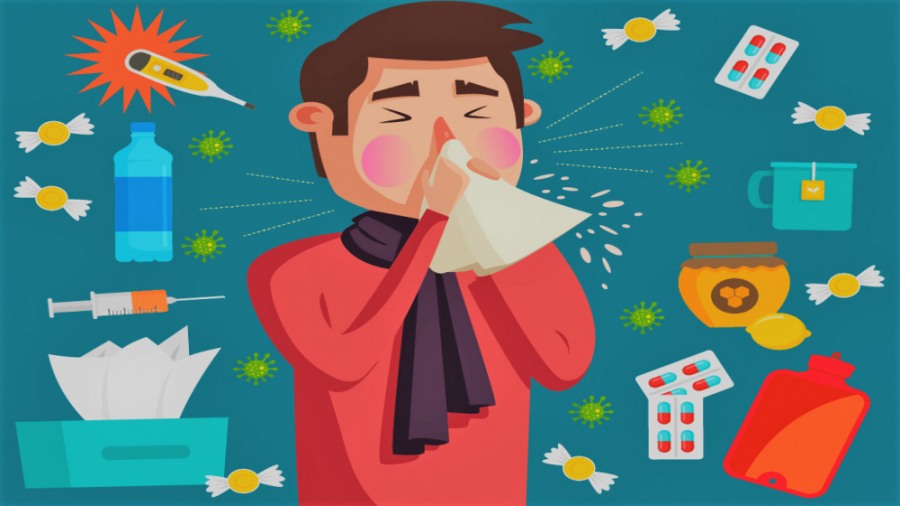Can You Die from the Flu
Most people who have the flu recover within a week. Some people, like young children, older adults, and people with compromised immune systems, may be at risk of dying from the flu.
Seasonal flu is a viral infection that tends to start spreading in the fall and hits its peak during the winter months. It can continue into the springtime — even into May — and tends to dissipate in the summer months. While most cases of the flu resolve on their own, the flu can become life threatening if complications like pneumonia arise alongside it.
How do people die from the flu?
People often mistake the flu for a bad cold since flu symptoms mimic a cold. When you catch the flu, you might experience coughing, sneezing, runny nose, hoarse voice, and a sore throat.
But flu can progress into conditions like pneumonia or worsen other chronic issues like chronic obstructive pulmonary disease (COPD) and congestive heart failure, which can quickly become life threatening.
Flu can directly lead to death when the virus triggers severe inflammation in the lungs. When this happens, it can cause rapid respiratory failure because your lungs can’t transport enough oxygen into the rest of your body.
The flu can also cause your brain, heart, or muscles to become inflamed. This can lead to sepsis, an emergency condition that can be fatal if not immediately treated.
If you develop a secondary infection while you have the flu, that can also cause your organs to fail. The bacteria from that infection can get into your bloodstream and cause sepsis, as well.
In adults, symptoms of life threatening flu complications include:
• feeling short of breath
• trouble breathing
• disorientation
• feeling suddenly dizzy
• abdominal pain that is severe
• pain in the chest
• severe or ongoing vomiting
Life threatening symptoms in babies include:
• temperature higher than 100.3˚F (38˚C) in babies 3 months or younger
• reduced urine output (not wetting as many diapers)
• inability to eat
• inability to produce tears
• seizures
Emergency flu symptoms in small children include:
• irritability and refusing to be held
• inability to drink enough, leading to dehydration
• breathing rapidly
• stiffness or pain in the neck
• headache that isn’t alleviated with over-the-counter pain relievers
• trouble breathing
• a blue tinge to the skin, chest, or face
• inability to interact
• difficulty waking up
• seizures
People with compromised immune systems are at a higher risk of developing complications — and possibly dying — from the flu.
When your immune system is weakened, you’re more likely to experience viruses and infections in a more severe form. And your body will have a harder time not only fighting those off but also fighting any subsequent infections that could develop.
For example, if you already have asthma, diabetes, an autoimmune disorder, lung disease, or cancer, getting the flu could cause those conditions to get worse. If you have a kidney condition, getting dehydrated from the flu could worsen your kidney function.





ارسال دیدگاه
مجموع دیدگاهها : 0در انتظار بررسی : 0انتشار یافته : ۰